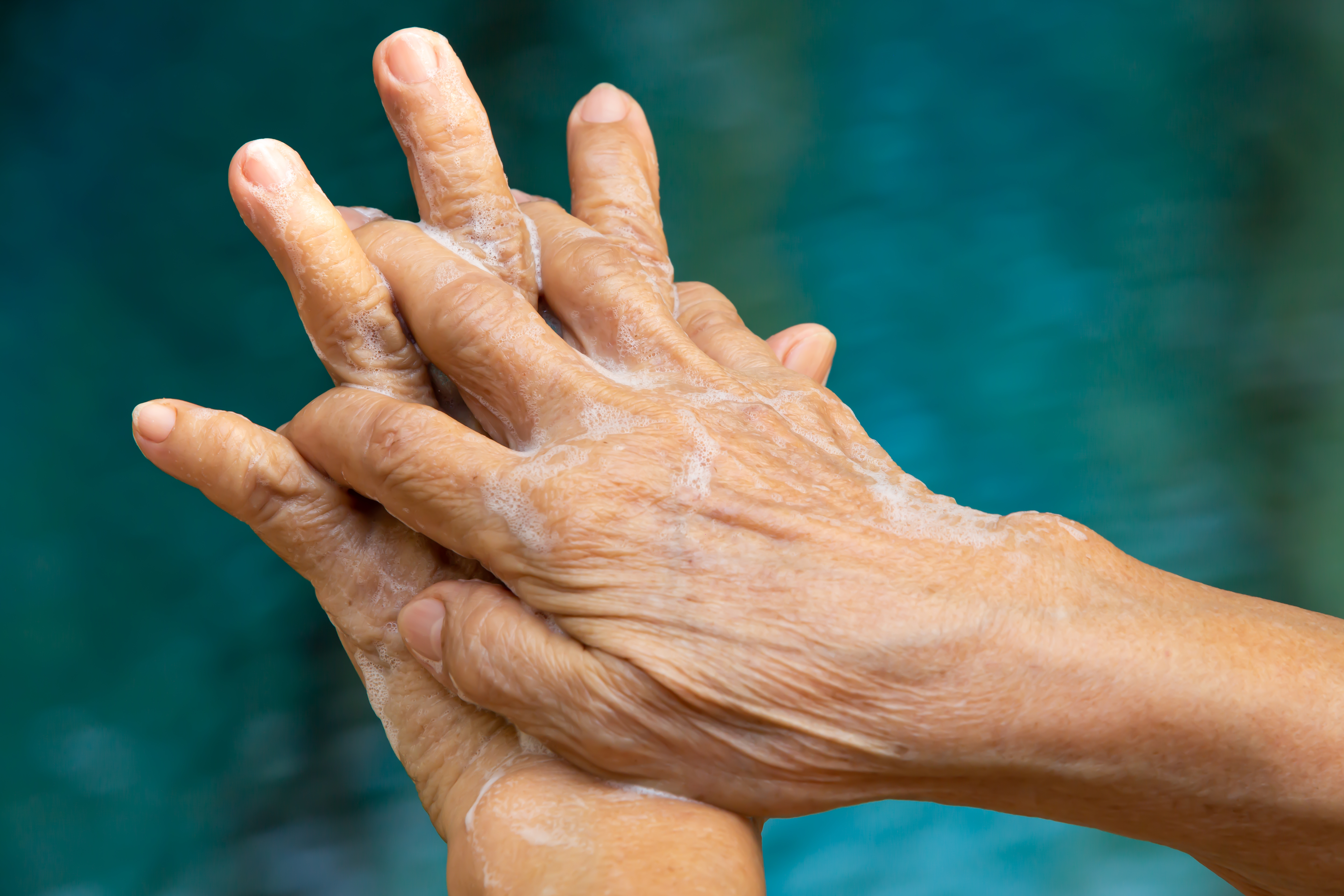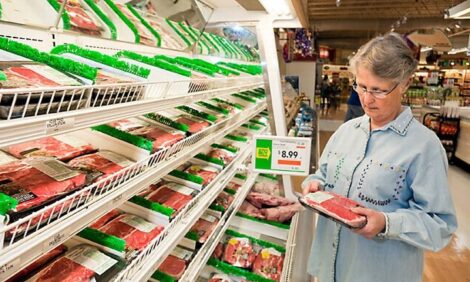



Practical biosecurity recommendations to prevent COVID-19 in pig production systems
The University of Minnesota Swine Disease Eradication Centre has released its official recommendations for protecting all staff from COVID-19.Currently there is no evidence that the SARS-CoV-2 (COVID-19 or novel coronavirus) infects pigs or other livestock but with pressure mounting on food and farming industries globally, it is critical that the people making up that workforce remain safe and well so that efficient production and supply can continue.
The University of Minnesota's Swine Disease Eradication Centre has put together a checklist of recommendations for farm employees to minimise the risk of contracting and passing on the virus to co-workers and external staff.
Entering the farm
- Limit farm entrance to essential personnel or personnel performing essential activities. Exceptions to this must be approved by the farms’ biosecurity officer and/or upper management. Essential activities are those required for the care and well-being of the animals, workers and facilities, and require prompt attention.
- Persons who are sick or have signs of illness (e.g. fever, coughing, sneezing, runny nose, tiredness, shortness of breath) should stay home and call a doctor or healthcare provider.
- Upon entering the farm, immediately wash hands with soap for 20 seconds. Hand sanitiser is recommended if washing with soap is not available.
- Place special care when disinfecting personal objects that need to enter farms (e.g. cell phones, etc) and all materials entering farms in particular those handled by farm workers. Follow farm established procedures to disinfect incoming materials. Handle the materials with disposable gloves, if available.

Interactions with co-workers and external staff
- Avoid close physical contact such as shaking hands or hugging when greeting co-workers.
- Limit interactions with people outside of work:
- Avoid travel outside work.
- Do not carpool or limit carpooling to essential situations.
- Limit travel to essential locations (i.e groceries and pharmacies).
- Avoid large crowds (e.g. church, shopping centers and entertainment events).
- Follow CDC guidelines at www.cdc.gov. Follow recommendations posted by the Centers of Disease Control and Prevention (CDC) or Your State Health Department since COVID-19 recommendations may change.
- In mechanically ventilated buildings or rooms, increase ventilation rates to increase the number of air exchanges of the rooms and hallways (i.e showers, breakrooms, bathrooms). In naturally ventilated areas, open outside windows (while following biosecurity protocols) to increase air circulation in the area.
- Consider staffing of farms to accommodate different schedules to avoid likelihood of infection of all workers at the same time. For instance, half of the employees work in the morning and half in the afternoon, or half work on Mon-Tu-Sa-Su and the other half on We-Thu-Fri or other schedules that facilitate segregation of personnel while attending the needs of the farm. Keep workers segregated in designated areas and functions to avoid interactions among them and the potential spread of the virus.
- Stagger arrival of workers to the farm so they do not congregate in the common air spaces (e.g. entry hallways, showers or breakrooms).
- Plan break times so that a maximum of two workers are in the same room at the same time while they maintain at least six feet distance from each other.
- Avoid having groups of people in the same air space. Limit number of meetings that require face-to-face interactions and consider alternatives such as conference calls or email. When conducting these meetings, limit them to small groups and keep at least six feet distance between people.
Common spaces and equipment
- Clean showers and breakroom, and disinfect surfaces regularly.
- Do not share used materials (e.g towels, kitchen utensils, pens), and wash and dry them between uses.
- Clean and disinfect common spaces frequently after each group of people, and at the end of the day.
- Routinely clean all frequently touched surfaces in the workplace, such as workstations, countertops, fridge/freezer doors and doorknobs. Use the cleaning agents that are usually used in these areas and follow the directions on the label.
- When handling clothing and towels, wear gloves, do not shake the clothes so it minimises particle dispersion and disinfect clothing hampers.

- Personal hygiene
- Wash hands frequently.
- Wash hands with soap for 20 seconds prior to eating or entering common area spaces. Hand sanitiser is recommended if washing with soap is not available.
- Avoid touching your face, eyes, nose and mouth with unwashed hands or gloves.
- If you or a family member test positive, or you suspect that you may have become exposed, let your supervisor know and seek advice on how to proceed. Sub-clinical infections play a role at spreading the virus.








